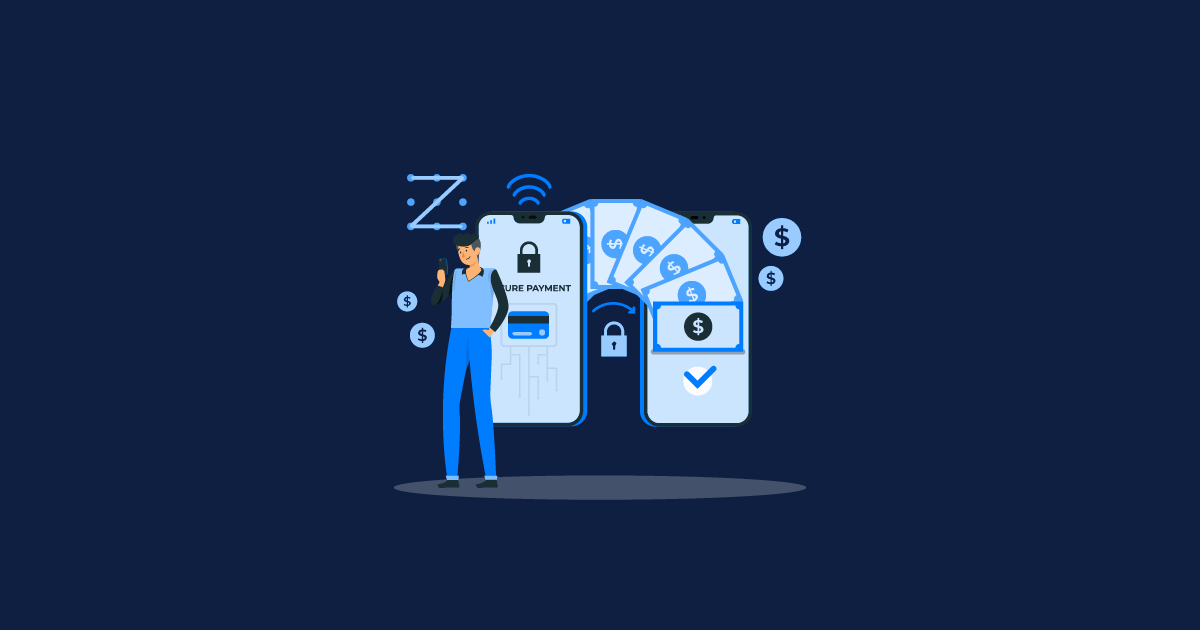Fintech App Testing: Fintech is a growing industry where businesses find this particular digital business platform as a plethora of opportunities in this digital economy. This industry has gained a substantial amount of investors because of its success, but on the other hand, it also has its own set of unique challenges to conquer.
For Fintech companies to withstand this current competitive niche market, they need to have a strong platform of skilled developers and a QA team to provide a superior quality product.
QA Approach in Fintech Apps testing:
Fintech applications are monitored strictly to ensure that the app is reliable and offers a good user experience. Software testing in Fintech apps is held to its higher standards when compared to the other apps because it deals with people’s finances. Software glitches or bugs in Fintech apps are inconvenient and are not acceptable. One mistake can cost a company millions in heavy damages. One bug can put users personal information at risk, and that is why Fintech requires a cut-throat software testing strategy. With a QA team, you can eradicate any challenge found in the app by using a testing methodology that removes any room for error.
A good testing strategy considers all aspects, and in the case of Fintech, it has more structure requirements based on correctness and code coverage when compared to general web software.
Let’s see how you can strategically test your Fintech applications to ensure its superior quality output:
The software testing blueprint for Fintech apps differs from one company to another, but they all have a common testing ground. First, the app is tested to check its functionality and usability to see whether the users can easily access and manage their finances. Fintech apps are then tested for security, reliability and compliance.
Below are a series of testing methods that are implemented during the testing process of Fintech apps:
Data Compliance:
As the Fintech domain is continuously innovating and evolving, so is the industry regulations. It is important to keep the app updated with the latest changes in financial legislation. Compliance testing checks your app to see whether it meets all the industry regulations and the product stays compliant.
Automation testing:
Testing Fintech apps is not a one-time thing or a less frequent process. Delivering Fintech apps requires a fast and continuous integration process. It requires continuous improvement and quality checks. Manual testing cannot be feasible so automating the testing process can be a reliable solution for routine checks. With automation testing, the software testing is carried out intelligently with the right tools that ensure that the product is delivered on time without losing quality.
Load testing:
Load testing is equally important as automation testing, especially in Fintech apps. It is done so that to see the behaviour of the software if there is any unexpected load or to simply check whether the app can handle heavy transactions. While evaluating the app, software testers can detect the bottlenecks in the software when there is a large data flow.
Security testing:
Security Testing is of utmost importance in Fintech apps as this software withholds user sensitive data such as money transfers, financial data, payment gateway info, passwords, etc. Testing your applications to check how strong the app is when it comes to security enables you to identify any potential bugs or weaknesses in the software that can threaten users’ confidential information. Penetration testing can be one method to check how the system reacts when there is a random attack and the response to it. This way, you can detect any shortfalls and create a system backup to save all sensitive data from getting lost or corrupted.
Regression testing:
Several aspects of the software are changed over time to improve the user’s experience and performance. Regression testing comes into the picture when such changes occur in the app, especially in software code or configurations. Regression testing is done to check if the app is still secure and functioning properly even if the program or the codes are changed.
Database testing:
Fintech apps are involved with complex transactions thus it is necessary to test the app to check the integrity of the database. Database testing includes a load or stress test on the database to see its response when there is a large data flow and check whether it’s still able to provide the same consistency of data.
Summary:
In software testing, the fintech apps are not only limited to the testing methods mentioned above because every software is unique. Hence, every company requires a specific testing strategy that aligns with its goals and objectives.
QA team comes up with a software testing blueprint to facilitate an easy collaboration with the development team so that they all are on the same page. While the QA team are working on ensuring that the app functions properly and is error-free. The company can focus on developing new ideas and features for the product. This opens up new ground in the market and ensures that the product is competitive and developing at a faster pace without compromising the security and stability of the software product.



